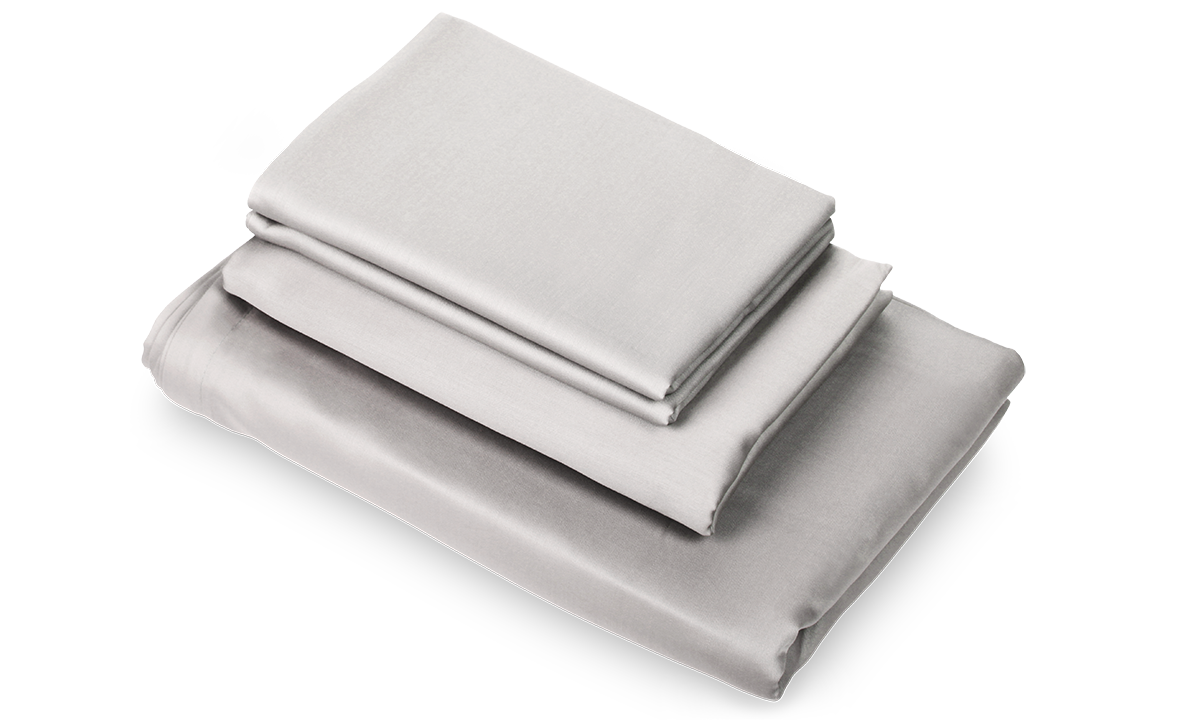The Importance of Clean Sheets
Having clean sheets is more than just a luxury, it's a necessity for maintaining a healthy and comfortable sleeping environment. Regular washing removes sweat, oils, dead skin cells, and dust mites that can build up over time, leading to potential issues such as allergies, skin irritations, and poor sleep quality. But washing sheets isn't as straightforward as it may seem. Different materials require specific care, and knowing how to properly wash and dry your sheets can significantly extend their lifespan and keep them looking and feeling fresh.
How Often to Wash Sheets

The frequency of washing your sheets largely depends on personal habits and preferences. However, a good rule of thumb is to wash your sheets once a week. This frequency helps to keep skin irritants and allergens at bay, ensuring you have a clean space to rest each night. If you sweat a lot, are ill, or eat in bed, you may want to wash your sheets more often.
Steps to Wash Your Sheets

- Check the Care Label: Before you start washing, always check the care label on your sheets. This small tag is usually stitched on the edge of the sheet and it is your guide to prolonging the life of your bedding. It will provide crucial information regarding the recommended water temperature, detergent type, and drying instructions. For instance, delicate fabrics such as silk may need a cold wash, while cotton sheets can often withstand higher temperatures. Disregarding these instructions can lead to color fading, shrinkage, and a reduced lifespan of your sheets.
- Separate Colors: Just as with your clothing, to prevent color bleeding, it's essential to separate your sheets by color before washing. Whites, lights, and darks should all be washed separately. This is particularly important for new sheets which may release more dye in the first few washes.
- Use Mild Detergent: Harsh chemicals can damage the fibers of your sheets over time, so it's best to use a mild detergent. Avoid using bleach, even on white sheets, as it can weaken fibers and cause them to yellow prematurely. If your sheets are heavily stained, there are gentler options available such as baking soda and vinegar which can be very effective.
- Optimal Load Size: Avoid the temptation to cram as much into your washing machine as possible. Sheets need plenty of space to move around in the drum for effective cleaning. Overloading can cause the sheets to wrinkle and can also strain your washing machine. If possible, wash your sheets separately from your other laundry to ensure they get the best clean possible.
How to Dry Sheets Properly

Properly drying your sheets is just as important as washing them. Even the cleanest sheets can become wrinkled and worn if not dried correctly.
Always follow the care instructions on the label of your sheets. If you're unsure, it's best to err on the side of caution. As a general rule, it's best to tumble dry sheets on low heat to prevent shrinkage and wear on the fabric. Remove the sheets from the dryer while they're still slightly damp to make ironing easier, if necessary.
Alternatively, you can hang your sheets to dry if you have the space. This method is more environmentally friendly and can prolong the lifespan of your sheets. However, avoid direct sunlight which can cause colors to fade and can make some fabrics brittle over time.
One more tip to keep your sheets in optimal condition: try not to fold and store your sheets immediately after drying. Giving them a bit of time to 'breathe' can prevent any leftover moisture from becoming trapped, minimizing the risk of mildew.
FAQs: How to Wash Different Types of Sheets
How to Wash Linen Sheets?
Linen is a durable fabric that can generally be machine washed on a gentle cycle with a mild detergent. Always check the care label first.
How to Wash Satin Sheets?
Satin sheets are delicate and should usually be hand washed or machine washed on a gentle cycle with cold water. They should not be wrung out or twisted.
How to Wash Bamboo Sheets?
Bamboo sheets should be washed in cold water on a gentle cycle, using a mild detergent. They shouldn't be washed with other items that can cause pilling.
How to Wash Silk Sheets?
Silk sheets often require hand washing in cold water with a special silk-friendly detergent. They should be air-dried away from direct sunlight.
How to Wash Cotton Sheets?
Cotton sheets are generally machine washable in warm water. They can be tumble dried on low heat, but removing them before they're fully dry can reduce wrinkling.
Remember, the keys to maintaining fresh, comfortable sheets are regular washing, correct cleaning methods, and proper drying. A little extra care goes a long way in extending the lifespan of your sheets and ensuring a better night's sleep.
Conclusion: The Essentiality of Clean Sheets

Knowing how to wash sheets properly is a fundamental part of home care. It's more than just throwing them into a washing machine - it requires the right approach to ensure the longevity of your sheets and, ultimately, a better night's sleep. The frequency of washing, the type of detergent used, and the drying process all play vital roles in maintaining the quality and freshness of your bed linen.
While it may seem like a small task, keeping your sheets clean can have a big impact on your overall health and wellbeing, reducing exposure to allergens and creating a peaceful, comfortable sleeping environment. Don't neglect this important aspect of home care; keep your sheets fresh, clean, and inviting at all times.
Check out Puffy mattress reviews from real customers and see how we compare with other brands.

- Includes pillowcase(s), fitted sheet, and flat sheet.
- Oeko-Tex® Standard 100 certified.
- Lifetime warranty.
- 101-night sleep trial.
- Free shipping and returns.












